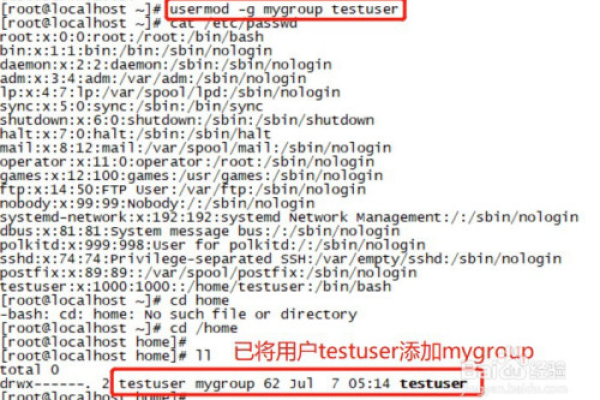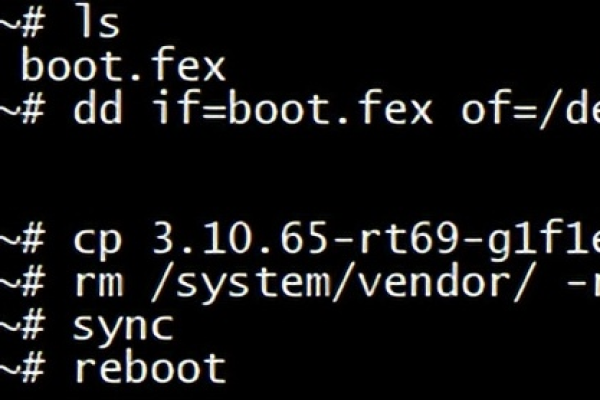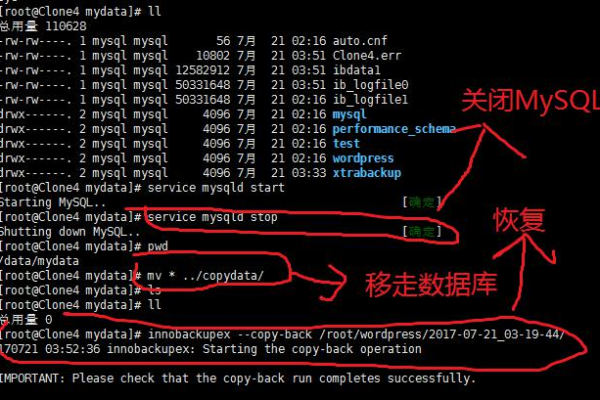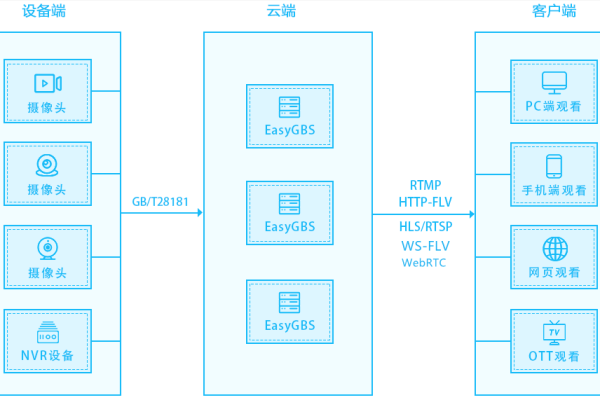c实现linuxdu
- 行业动态
- 2025-02-15
- 2
“
c,#include,#include,#include,#includevoid du(const char *path) {, struct stat st;, DIR *dir;, struct dirent *entry;, long total_size = 0; if (stat(path, &st) == -1) {, perror("stat");, return;, } if (S_ISDIR(st.st_mode)) {, dir = opendir(path);, if (!dir) {, perror("opendir");, return;, } while ((entry = readdir(dir)) != NULL) {, if (strcmp(entry->d_name, ".") == 0 || strcmp(entry->d_name, "..") == 0), continue; char new_path[256];, snprintf(new_path, sizeof(new_path), "%s/%s", path, entry->d_name);, du(new_path);, } closedir(dir);, } else {, total_size += st.st_size;, } printf("%ldt%s,", total_size, path);,}int main(int argc, char *argv[]) {, if (argc != 2) {, fprintf(stderr, "Usage: %s,", argv[0]);, return 1;, } du(argv[1]);, return 0;,},“
在Linux系统中,du命令用于显示文件和目录的磁盘使用情况,这个命令非常有用,尤其是在管理磁盘空间时,下面将详细介绍如何在C语言中实现一个类似于du的功能。
功能需求分析
递归遍历目录:能够递归地遍历指定目录及其子目录。
计算磁盘使用量:计算每个文件和目录的大小。
输出结果:以人类可读的格式输出结果。
实现步骤
1 包含必要的头文件
#include <stdio.h> #include <stdlib.h> #include <dirent.h> #include <sys/stat.h> #include <string.h> #include <unistd.h>
2 定义函数原型
void print_disk_usage(const char *path, int level); off_t get_file_size(const char *path);
3 实现获取文件大小的函数
这个函数使用stat系统调用来获取文件的大小。
off_t get_file_size(const char *path) {
struct stat st;
if (stat(path, &st) == 0) {
return st.st_size;
}
perror("stat");
return -1;
} 4 实现递归打印磁盘使用情况的函数
这个函数会递归地遍历目录,并打印每个文件和目录的大小。
void print_disk_usage(const char *path, int level) {
struct dirent *entry;
DIR *dir = opendir(path);
if (!dir) {
perror("opendir");
return;
}
// 打印当前目录或文件的名称和大小
printf("%*s%s
", level * 4, "", path);
char full_path[1024];
while ((entry = readdir(dir)) != NULL) {
if (strcmp(entry->d_name, ".") == 0 || strcmp(entry->d_name, "..") == 0) {
continue;
}
snprintf(full_path, sizeof(full_path), "%s/%s", path, entry->d_name);
if (entry->d_type == DT_DIR) {
print_disk_usage(full_path, level + 1);
} else {
printf("%*s%s: %lld bytes
", level * 4, "", entry->d_name, (long long)get_file_size(full_path));
}
}
closedir(dir);
} 5 主函数
主函数接受用户输入的目录路径,并调用上述函数进行处理。
int main(int argc, char *argv[]) {
if (argc != 2) {
fprintf(stderr, "Usage: %s <directory>
", argv[0]);
exit(EXIT_FAILURE);
}
print_disk_usage(argv[1], 0);
return 0;
} 编译和运行
将上述代码保存为mydu.c,然后使用以下命令编译和运行:
gcc -o mydu mydu.c ./mydu /path/to/directory
示例输出
假设我们有一个目录结构如下:
/example
├── file1.txt (100 bytes)
├── file2.txt (200 bytes)
└── subdir
└── file3.txt (300 bytes) 运行程序后,输出可能如下:
/example
file1.txt: 100 bytes
file2.txt: 200 bytes
subdir:
file3.txt: 300 bytes 相关问答FAQs
Q1: 如果目录中有符号链接,如何处理?
A1: 在当前实现中,符号链接会被当作普通文件处理,如果需要特别处理符号链接,可以在读取目录项时检查d_type是否为DT_LNK,然后使用lstat而不是stat来获取符号链接本身的信息,如果需要跟随符号链接,可以使用realpath函数解析其实际路径。
Q2: 如何优化性能?
A2: 当前实现每次调用stat或lstat都会触发一次磁盘I/O操作,这在处理大量文件时可能会成为性能瓶颈,可以通过一次性读取整个目录的内容,然后批量处理文件大小计算来减少I/O操作次数,对于大型文件系统,可以考虑使用多线程或异步I/O来并行处理不同的目录分支。
小编有话说
通过以上步骤,我们成功地在C语言中实现了一个简单的du命令,这个程序可以帮助我们了解磁盘空间的使用情况,特别是在管理大型文件系统时非常有用,实际应用中还可以根据需要添加更多的功能,比如过滤特定类型的文件、排序输出等,希望这篇文章对你有所帮助!











